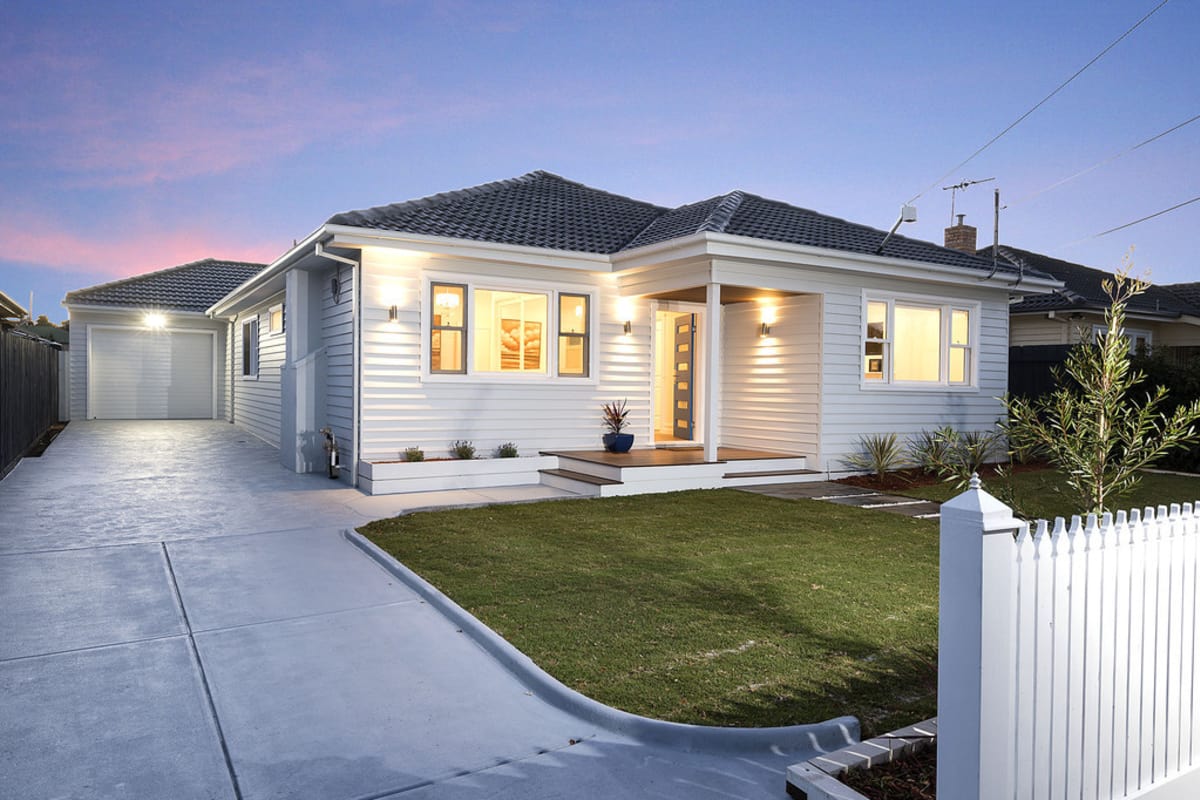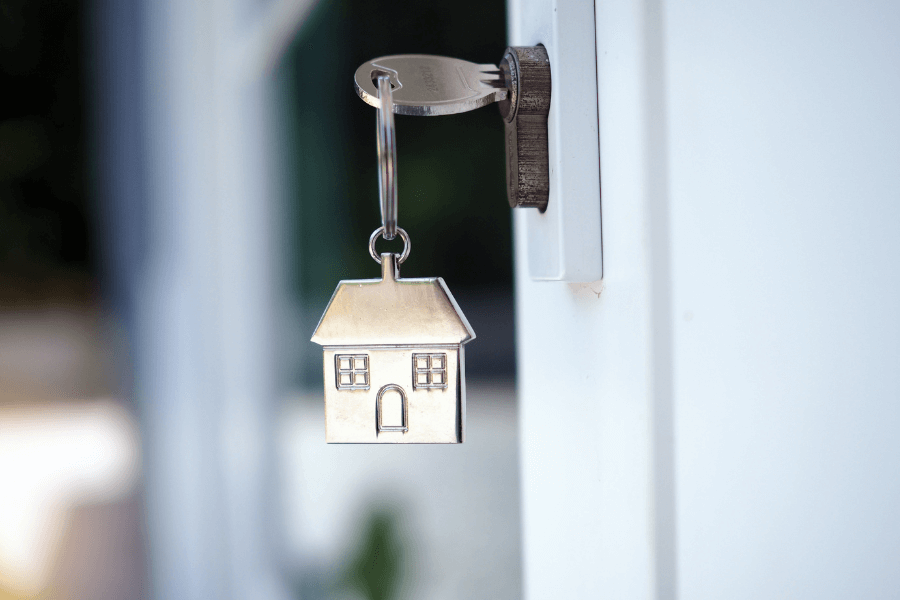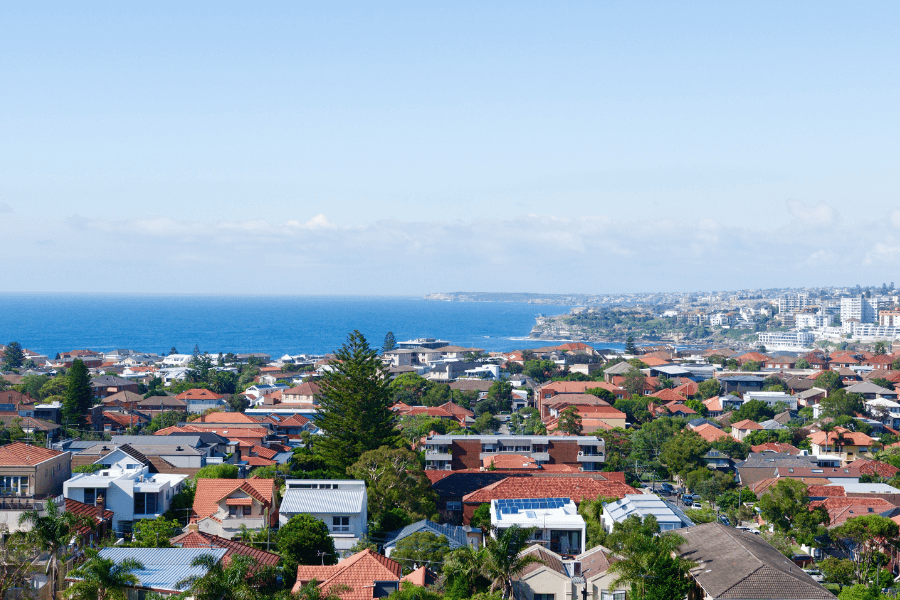Do you want to experience the feeling of joy, excitement and accomplishment as you unlock the door to your new home? While saving a deposit for a house may feel like an uphill battle, there are steps you can take to make the climb a bit easier – from changing your spending habits to high interest savings accounts and applying for grants.
Let’s find out how you can turn your dream of home ownership into a reality.
 19 Jhonson Street, Pascoe Vale South, VIC
19 Jhonson Street, Pascoe Vale South, VIC
Topics in this article:
How much should you save up for a deposit?
Most of the major banks and lenders are willing to finance up to 95 per cent of the cost of your property purchase.
However, if you cannot pay at least 20 per cent of the cost of the property purchase you will have to pay Lenders Mortgage Insurance (LMI). This form of insurance protects the lender from financial loss in the event you default on your loan repayment. If you can avoid paying this, do so – because it can add up to two per cent or more on top of your property purchase. It’s always best to seek professional advice if you are unsure.
When deciding how much to save up for a deposit, keep in mind the associated costs that come with buying a house, such as:
- Conveyancing and legal fees.
- Stamp duty.
- Title search.
- Transfer fee.
- Pest and building inspection.
- Home building insurance.
Now, let’s take a look at some simple and effective ways to help you save for a home deposit.
Take control of your spending
You don’t have to spend countless hours tracking your monthly spending to save up for a deposit. Simply draw up a list of all your monthly expenses (i.e. rent, utility bills, transport, clothes and entertainment), scroll through the list of items and take the time to really ask yourself, ‘Do I need this in my life?’ or ‘How can I save money on doing this?’.
Here are some helpful ways to reduce your monthly expenses – without having to eat packets of noodles for dinner every night:
- Instead of driving to work – and paying for petrol and secure parking – take the bus, train or tram.
- Ditch the fast food on your lunch break. With the $12.95 you spend each day to buy food, you could use that money to buy fresh ingredients from the store and make three or four days’ worth of work lunches in advance.
- Temporarily cancel your streaming subscription services. Don’t worry, you’ll have a whole season of Black Mirror to look forward to when you get back.
- Shop smarter. Stick to home-brand products for a while and keep your eyes peeled for items on sale or discounted to go.

Pay off those debts
Do you have a student loan, credit card, vehicle or personal loan you want to repay and get off your shoulders? By consolidating your debts now – while you don’t have to deal with a mortgage – you might be able to afford a higher monthly mortgage repayment and afford a more desirable home too.
Plus, if you get rid of these skeletons lurking in your closet, the bank will look more favourably towards your application.
Put your money to work
You’ve worked hard to save up your money so far – isn’t it time your money started working for you?
Savings accounts are a simple and effective way to earn interest on your initial deposit. Each of the major banks and some lesser-known ones offers their own type of personal savings account. No-two savings accounts are alike, so when you compare deals you should look out for the following details:
- High interest rates (keep in mind, some lenders have high introductory rates that reduce after a few months).
- Low or zero account-keeping fees.
- Free transactions.
- Access to multiple ATMs and branches.
- Minimum deposit amount (i.e. you must deposit ‘x’ amount each month to earn the bonus interest).
If you have some extra cash saved up – that you know you won’t need to touch for a while – you can always place the money into a term deposit and garner a higher interest rate than a savings account can offer.
Take advantage of homeowners grants & concessions
The First Home Owners Grant (FHOG) is a national scheme that helps first-time buyers get into their own home sooner.
If you plan on buying a new build or home that has not previously been occupied, you can apply for the grant through your lender and seek approval. Each state and territory has their own variation of the FHOG. In Queensland and Tasmania first home buyers can claim up to $20,000, and in NSW buyers can claim up to $10,000.
If you’re buying an existing home and are not eligible for the FHOG, there is another way. Instead, you can apply for an exemption or concession on your stamp duty, which will make it easier to manage other associated costs of the property purchase.
Hopefully, these tips will put you well on your way to a 20 per cent deposit and you’ll be holding the keys to your brand new home in no time.






Thanks for giving such a wonderful advice to take control of our finances for a home deposit. Excellent blog share with us and I like that kind great blog.